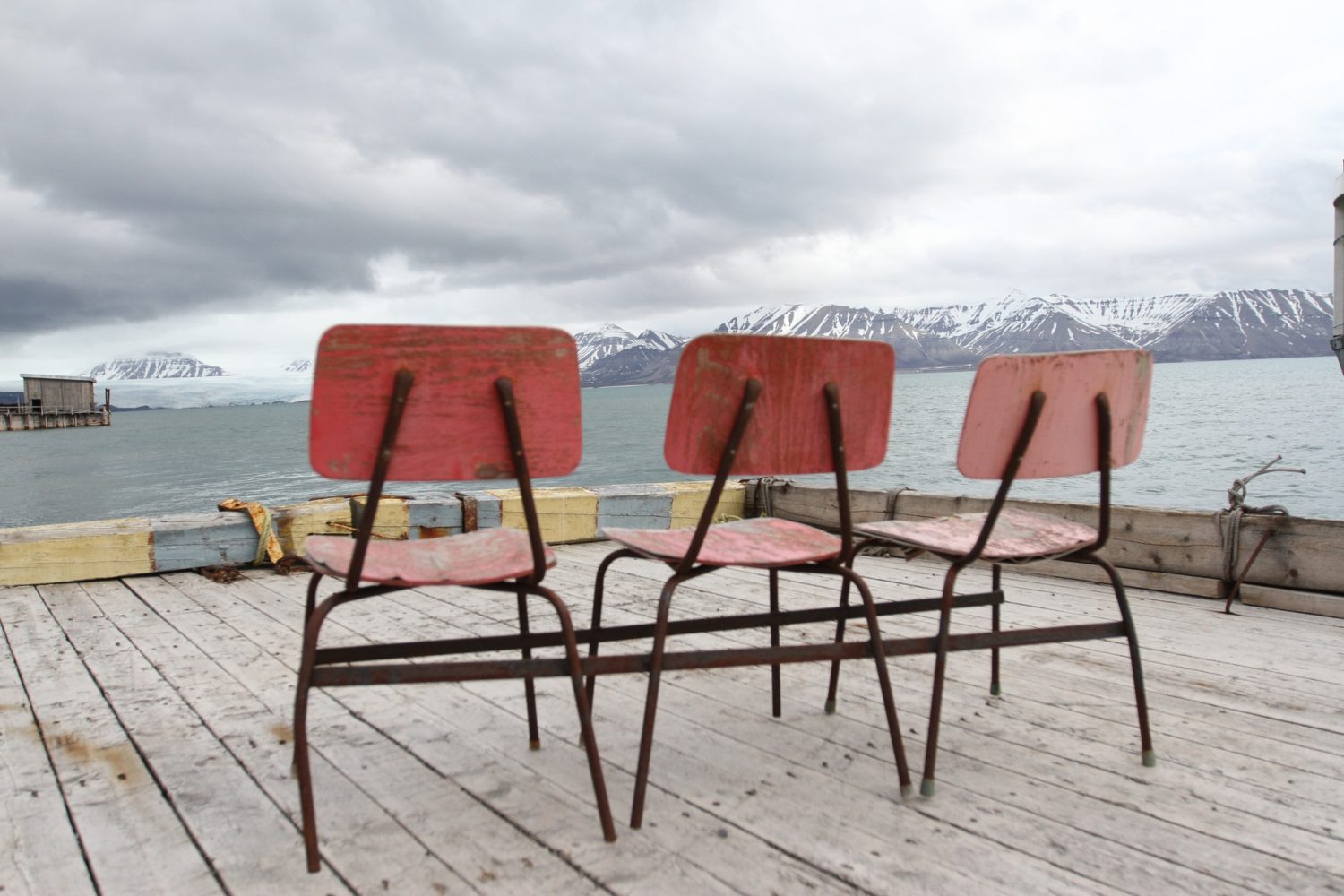Crisis point
Brexit should not mean Britain opts out of the debate over the EU’s future, writes Ian Kearns.
After the Brexit vote, many supporters of the Leave campaign argued that Britain would be just the first to exit the EU, claiming that other departures would not only follow but would be a good thing. The first of these claims is looking more likely by the day. The second is a dangerous myth which, if not demolished, will make more EU exits likely.
Supporters of the EU need to wake up to its weakness and vulnerability. Recent elections in Germany, Italy, Austria and Hungary have shown that Eurosceptic sentiment has far from run its course. The election of a Eurosceptic government in Italy in particular may yet trigger a huge crisis, possibly leading to an Italian exit from the single currency. If a crisis does come however, it will demonstrate not just something about the character of the Italian government but a number of the dangerous failings and weaknesses in the management of the single currency to date.
Some of these are ideological. The eurozone is currently run according to economic rules designed largely to manage German opinion, with other northern European economies, such as that of the Netherlands, being vocal in support. These rules are characterised by a commitment to austerity, a drive for structural reforms, and a refusal to consider fiscal expansion or sovereign debt write-downs to help get economies like that in Italy moving. The many credible economic voices calling for a different approach, such as that of Nobel Prize winner Paul Krugman, are dismissed as dreamers or dangerous rebels.
At the same time, since the last euro crisis in 2010–12 eurozone leaders have failed to carry out the kinds of reforms that would put the stability of the single currency beyond doubt.
It is this combination of rigidity and failure inherent in the current approach of the eurozone policy-making elite, rather than the strictures of being in a single currency itself, that an incoming Italian government may clash with. And if the clash comes it will provoke a crisis the eurozone itself is not ready for and cannot control.
A decision by one of the major European countries, such as, Italy, Spain or France to leave the single currency would trigger economic chaos and recession across the continent. Contagion to other members of the euro, irrespective of whether they wished to stay in the single currency or not, would be inevitable. The ‘doom loop’ between governments and banks would kick in. Banks that own large numbers of their own government’s bonds would start to go bust as investors fled and the value of those bonds collapsed. Governments already highly indebted after the last crisis would not have the money to bail them out. The EU’s flawed crisis management tools would also be overwhelmed. And neither the public appetite in the wealthier parts of Europe for providing bail-outs, nor the appetite for further austerity in those that might need help, still exists.
The political and economic effects of this unravelling across Europe would be highly divisive. Those leaving the single currency would introduce new currencies that would immediately be devalued. This would increase their export competitiveness and might be good for their own workers but that would come at the expense of workers elsewhere in the eurozone. We would see, inside Europe, the kinds of accusations of currency manipulation that President Trump has been levelling at China for some time now. Just imagine what the leaders of the far-right Alternative fur Deutschland or Marine Le Pen could do with plausible claims that unemployment at home was due to the behaviour of others elsewhere in Europe.
The European single market would also begin to disintegrate. At micro level, companies with integrated supply chains across Europe would begin to retrench to home territories to avoid the uncertainties and insurance costs associated with reintroduced exchange rate risk. At macro level, politicians blaming foreigners for the chaos would strengthen the trend by implementing trade barriers and protectionism as the solution.
Much of the scapegoating dynamic we could expect to see has already been in evidence. Orban just won an election in Hungary by focusing all the blame for Hungary’s ills on Muslim immigrants. The election in Italy was about little else. Europe is littered with historical animosities that the EU has been able to suppress but not eliminate. Amid the chaos of eurozone break-up, there will be plenty of politicians around who see advantage in raking them up.
Crucially, an even bigger winner than the nationalist politicians peddling this politics of illiberal scapegoating will be Vladimir Putin. Russia has for many years wished to see the US decoupled from Europe. Trump now appears to be helping him. If the EU disintegrates there must be a major question mark over NATO’s ability to survive or be credible. Would European countries engaged in trade wars with one another and in blaming each other for their woes really be interested in coming to each other’s defence? And if not, why should an already sceptical US administration do so? Putin already uses disinformation, cyber-attacks, corrupt financial flows and outright aggression in places like Ukraine to get his way and we are at serious logger-heads with him over Syria. If the EU collapses and NATO is diminished he will be massively emboldened in both Europe and the Middle East. Inside a post-EU Europe, only Germany would be strong enough in principle to contest Putin’s power, but to do so, it might need to acquire its own nuclear weapons. Far more likely is that it would accept a Russian sphere of influence in central and eastern Europe.
Those of a Eurosceptic persuasion can dream of the EU’s break-up and their dreams may yet come true. But they should be careful what they wish for. For pro-European progressives facing this prospect the challenge is clear: To be honest about the weaknesses and flaws in the EU as is and to lead the argument for change. Brexit may have sidelined Britain from much of this debate for now, but we cannot and should not sit it out.

